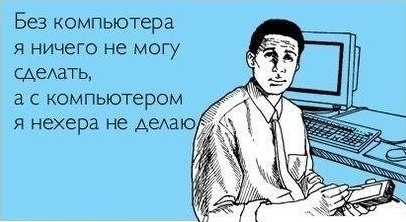PayPal, the online payment service we use to process credit card payments, has asked Smashwords to remove fiction that contains themes of bestiality, rape and incest. They tell us they are compelled to do this to remain compliant with the rules of the banks and credit card companies. Regardless on one’s opinions about these objectionable topics, we view this attempted censorship as a bad precedent. Fiction is fantasy. It’s not real.
PayPal’s request has caused a firestorm of debate on the Internet about censorship, and what this means for the future of ebook publishing. Most people are horrified at the thought of any censorship, while others believe such content should be restricted. It’s a contentious debate.
This story, out today by TechDirt, does a good job of summarizing the timeline of events and the issues involved: www.techdirt.com/articles/20120301/17363217939/...
The case has even spawned a brilliant and hilarious $.99 parody ebook titled, TWO PEOPLE HAVING SEX www.smashwords.com/books/view/139100
There’s a petition at Change.org if you wish to sign it: www.change.org/petitions/stop-censorship-2
A few independent privacy-rights and anti-censorship organizations have stepped in to challenge PayPal on their policies, including the Electronic Frontier Foundation (EFF), The American Booksellers Foundation for Free Expression (ABFFE) and the National Coalition Against Censorship (NCAC). More are likely to sign on. Here are some quick links:
The Electronic Frontier Foundation: www.eff.org/deeplinks/2012/02/legal-censorship-...
ABFFE/NCAC: www.ncac.org/NCAC-ABFFE-Send-Letter-To-PayPal-e...
Our view at Smashwords: We believe it’s wrong for credit card companies, banks and other financial institutions to censor legal fiction. We believe this censorship is targeting a small subset of erotica fiction. The same censored themes are prevalent in much mainstream fiction. We believe it would be unfair to authors and readers alike for any organization to censor what writers are allowed to imagine and what readers are allowed to read. If the PayPal restrictions were taken to the extreme, many mainstream classics including Nabokov’s Lolita or Margaret Mitchell’s Gone with The Wind could technically be banned. The Girl with the Dragon Tattoo with its depiction of rape could be banned. Even the Bible could fall under the net since it contains scenes of rape and incest. Although such extreme censorship is unlikely, what about moderate censorship? Therein lies the danger of censorship. Where does it stop, and where do we draw the line? It’s difficult for Smashwords or any other retailer, distributor or publisher to assume the role of moral arbiter when there’s so much grey area. We’re engaged in ongoing discussions with our counterparts at PayPal to reach an equitable solution.
Оказывается, разруха в головах - это интернациональное, скоро за порн придется в конвертиках деньги в издательства посылать. Пипец.




 А учитывая, что завтра я до вечера занята, выкупать придется сегодня!
А учитывая, что завтра я до вечера занята, выкупать придется сегодня! 





 И правда, отчего же не посмотреть.
И правда, отчего же не посмотреть.





























